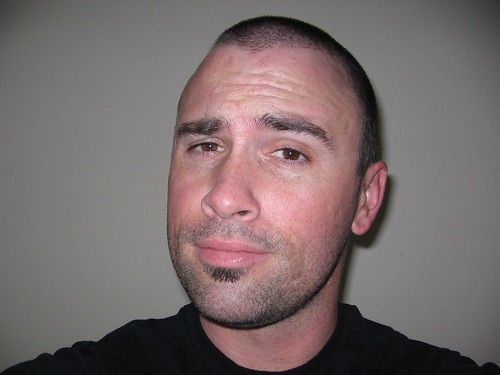"
In a recent meeting of the Board of Education in the city of Artichoke, Alabama, it was decided to ban the reading of Homer's 'Iliad' and 'Odyssey' in the classroom.
The grounds given for the exclusion of these towering masterpieces of ancient literature is that reading them in public school violated the First Amendment's guarantee of the separation of church and state.
Wallace Nobrainer, the attorney for the Artichoke school system, explained that the Homeric text 'should be looked upon in the same light as the reading of the Book of Psalms in a public school.' This sentiment is echoed by Debra Klewless, who chairs the Board of Education: 'We don't want taxpayer dollars being spent in order to proselyte children into praying to Zeus and Apollo.'"Gotcha!Lee Harris is the author of "
Civilization and Its Enemies" - he is a rare contemporary philosopher with a sardonic sense of humor. His satirical passage is authentically Swiftian because it rings true with a crucial kernel of reality -- we truly have gone nuts in our fear of faith.
There is no Artichoke in Alabama, but
Artichoke, like Swift's imaginary land of Lilliput before it, exposes contemporary society's absurd pieties and the size of the minds that begot them. Satire aside, the only thing that saves the Greeks as fit for the public schools is the fact that we regard their stories as myths. The glorious tales of
Athena, Aphrodite,
Hercules and
Hermes inspired an earlier civilization of true believers, but they speak to 21st-century students within the limits of secular truths. If Judaism and Christianity were moribund like the Greek religions, their stories would no doubt be in the curriculum.
We need not worry about teenagers getting carried away with Dionysian orgies; Greek polytheism is dead. Fraternity beer parties serve the same ritual purpose, but they're secular and do not pretend to offer ethical lessons.
The Song of Solomon and the Sermon on the Mount, which have inspired creative genius for centuries, are denied to students in public high schools because the faiths from which they spring continue to thrive. "
If we were all atheists," says Mr. Harris, "
then the Bible would become as 'harmless' to read as the poems of Homer." But with true believers in our midst we keep Biblical wisdom hidden away lest it teaches ideas that a dead white male like
John Milton gave the world.
If Milton had been educated in today's classrooms he'd have had no subject matter for "
Paradise Lost" Most students don't read his epics because they can't understand the Biblical (and Greek) references.
Darwin, for all of his scientific details of the blue-footed boobies, finches and mockingbirds, never even came close to drawing an image as beautiful as Eve, as seductive as Delilah, as radiantly transformed as Mary Magdalene (known to cultural illiterates today only through the fictional "
Da Vinci Code")
In the spirit of full disclosure, I confess to belonging to a generation of elementary school children who were asked each day to choose a psalm to read at the opening of class. I can still recite a few of them by heart. I never saw a child, atheist or otherwise, who suffered for it. Abraham Lincoln called the Bible "
the best gift God has given to man," but he was self-taught.
The Bible Literacy Project, a non-profit organization, has just published the result of a survey, conducted by Gallup, to answer the question: "
What Do American Teens Need to Know and What Do They Know?" The sad answer is, they don't know much. "
Substantial minorities lack even the most basic working knowledge of the Bible," and 40 of 41 teachers report that few pupils know enough Biblical references to qualify for "
a good education."
No one proposes teaching the Bible as a sacred text or to promote religious faith in public schools. With three kinds of Jews, a dozen varieties of Methodists and countless flavors of Baptists, just for starters, we could never agree on what, exactly, should be taught as doctrine even if that's what we set out to do.
But in a less than perfect world there can be no harm, and a lot of good, in well-informed surveys of the Bible as literature, showing how the Bible has shaped history, philosophy, the law, art and other subjects, inspiring our earliest settlers, Founding Fathers, and Presidents unto the modern day. "
It's a perfect reflection of the nation's origins that the very first freedom in the Bill of Rights should be religious freedom," writes David Gelernter in the Weekly Standard. It was never meant to be used "
as a weapon against religion."
Unless, of course, you live in a place called Artichoke.























